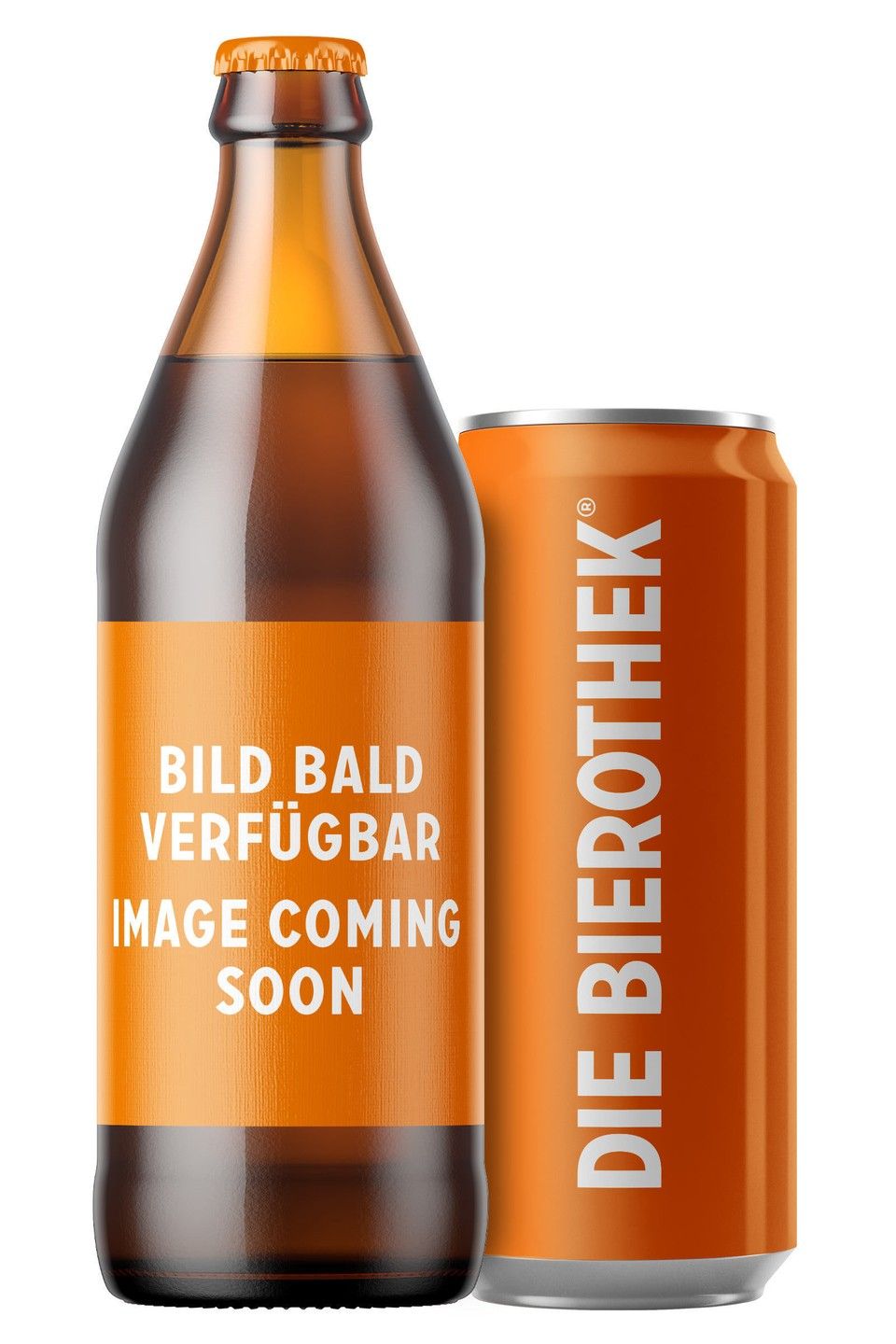EVORA® Bier
The grandchildren still like to drink their grandfather's favorite beer and the great-grandfather liked it too - there are breweries that connect generations. But there are also those that did not survive the generational change but are still being resurrected. The small Fürth brand Evora Beer is a good example of this.
From brandy to beer
The brewery was first mentioned in 1841, but at that time no beer was brewed here, but brandy and spirits were distilled. Johann Heinrich Lederer from Fürth was the boss. The Evora & Meyer brewery was established in 1873. The carpenters Wilhelm Evora and Johann Jakob Meyer bought the bankrupt facility and breathed new life into it. Business flourished and Evora & Meyer expanded rapidly. Evora beer was a huge hit, especially in the beer cellar attached to the brewery. But the beer from Ecora & Meyer was also very popular beyond the borders of Bavaria. At one point there was even a branch in Berlin. The brewery blossomed into one of the largest breweries in the cloverleaf city until it was taken over by Brauhaus Nürnberg. After the takeover, Evora beer was sold until 1941, before it eventually disappeared into the dusty pages of history books.
Evora beer reloaded
Evora has officially existed again since May 2017. For the second time, the brewery has been raised like a phoenix from the ashes and revived. Together with Bierothek® founder Christian Klemenz, Vincent Bartl, master brewer and former store manager of the Bierothek® Fürth, developed the idea of reviving the Fürth original. It starts with a light export beer , which was realized on a larger scale together with master brewer and craft beer legend Jörg Binkert from Brauhaus Binkert . Ariana hops were used for the first time for the reinterpretation of the Evora export beer. Due to the brewery's turbulent history, there were hardly any records of the original recipes for Evora beer. However, we do know which beers the brewery had in its range and it was possible to understand how these beers were brewed at the time. Based on this, the new recipe was created with great care and attention to detail. Almost a reconstruction of the old classics with a touch of artistic freedom. In order to hark back to the old days, an old technique was also used: during decoction, the mash is divided and only a part of it is boiled. By dividing it, the entire mash tun does not have to be heated. This process was already used in the Middle Ages and gives the beer a very special taste.
With nostalgia back to the classic – maybe this will be the renaissance of a Fürth beer great!


